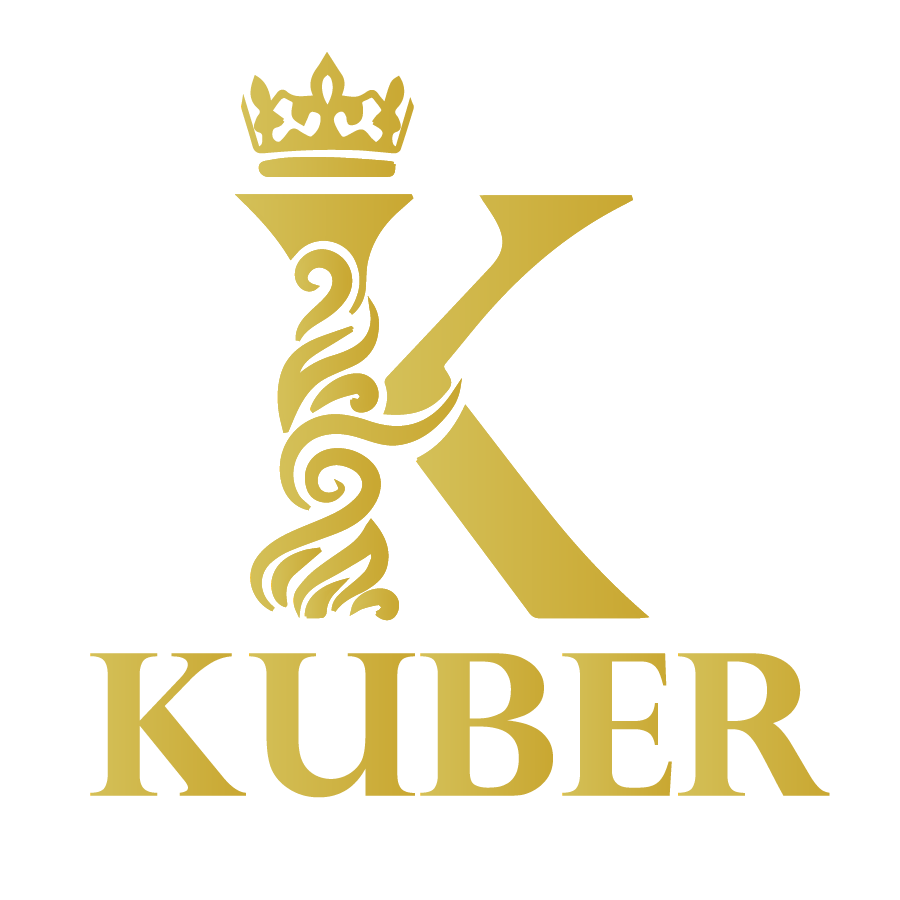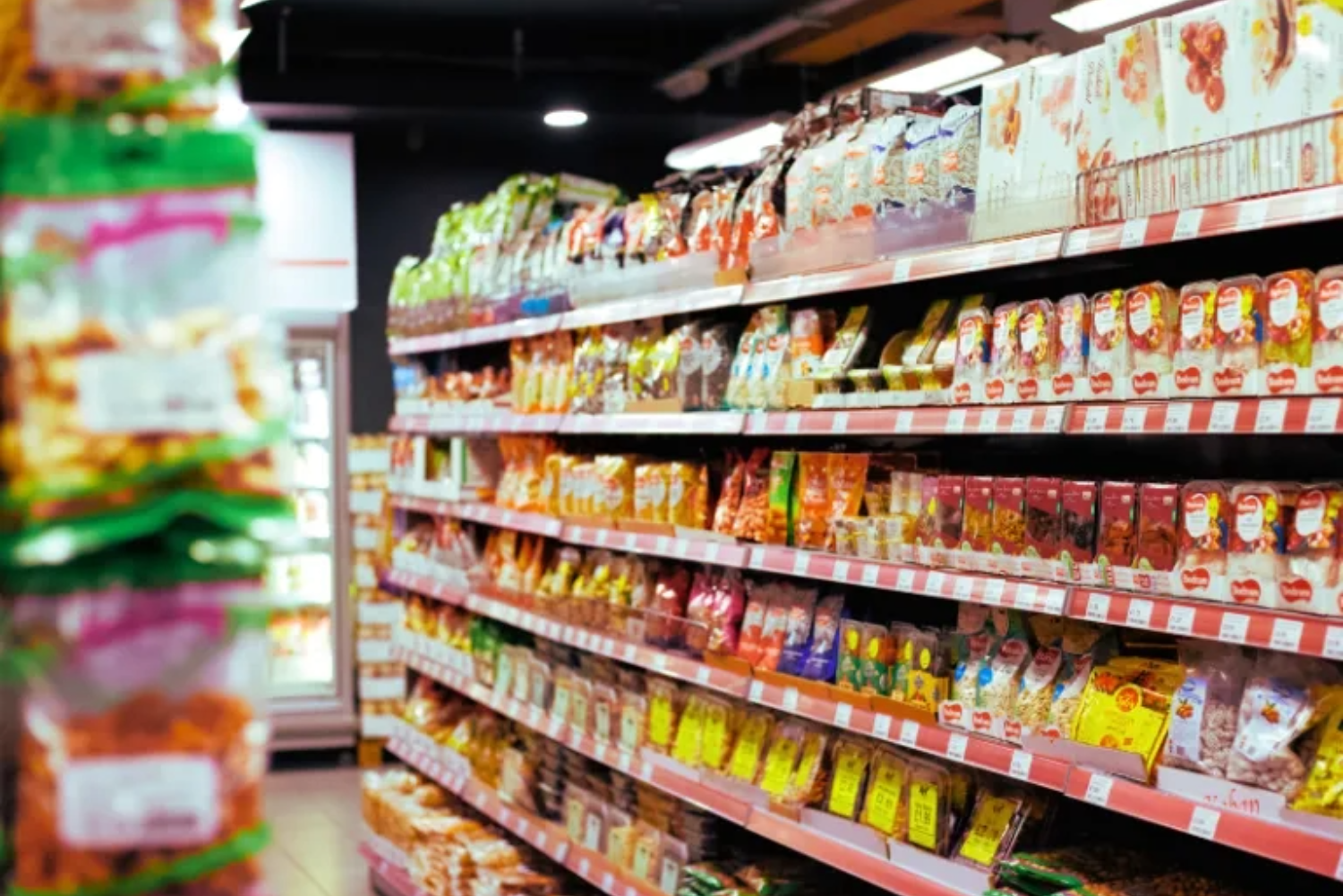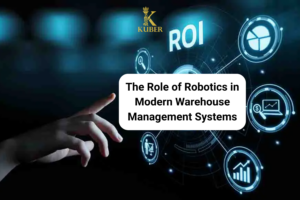The Fast Moving Consumer Goods (FMCG) industry is being revolutionised at lightning speed. As consumer behaviour shifts, operational expenses increase and the need for innovation builds Artificial Intelligence (AI) and automation are becoming the go-to solution to remain competitive. These technologies are not only streamlining things, they’re revolutionising the way that products are made, delivered, promoted and retailed.
In this guide, we will explore how AI and automation are unlocking new avenues for FMCG businesses and the implications for value chain constituents.
1. Smart Demand Forecasting and Inventory Management
Predictive analytics with the help of AI has revolutionised forecasting of demands. Traditional forecasting methods used to be dependent upon historical data and guesswork, which created overstocking or stockouts. The AI applications, however, take into account current sales records, seasonal trends, weather and even social media sentiment to give more precise predictions.
All this precision helps FMCG manufacturing company in the following manner:
- Reduce wastage of stock
- Minimises stockouts
- Improve supply chain processes and export
By automating these operations, fast moving consumer goods companies are able to respond rapidly to market changes and align production schedules with actual demand.
2. Smartening Manufacturing through Smart Automation
Manufacturing units in the FMCG manufacturing company sector are increasingly using Industry 4.0 technologies like robotics, IoT sensors and AI based monitoring systems. Smart automation improves consistency, speed and quality of production lines.
Key benefits are:
- Real-time monitoring of equipment to predict failures before they happen
- Computer vision-based automated quality checks
- Optimised batch manufacturing with reduced downtime
For example, AI-enabled robotics can be calibrated for product categories, which can deliver great flexibility towards made-to-order product variants.
3. Personalisation through AI in Marketing
Customer engagement is most important in an intensely competitive FMCG manufacturing company marketplace. AI applications monitor the consumer actions on digital media and allow brands to customise their campaigns.
Machine learning algorithms can segment audiences by preference, predict buying behavior, and suggest the most effective channels of engagement. Such accuracy delivers:
- Enhanced conversion rates
- Enhanced customer loyalty
- Ad spend waste reduction
From tailored product recommendations to location-based promotions, AI enables brands to speak directly to individual consumer needs at scale.
4. Optimising Logistics and Route Planning
Logistics is a critical operational plank for FMCG manufacturing company. Route optimisation technologies based on artificial intelligence lower transport costs, fuel usage, and delivery time. Fleet management software uses real-time traffic updates, delivery schedules and weather forecasts to dynamically optimise routes.
Warehousing automation through robotic pickers and sorters also improves fulfillment speed and accuracy.
These efficiencies translate to:
- Enhanced on-time delivery performance
- Enhanced customer satisfaction
- Reduced carbon footprint
5. Product Innovation Through Data Insights
AI is not just about operations—it’s also a force that drives innovation. Consumer attitudes, social media, and competitive insights can be analysed with AI to determine future market requirements.
Fast moving consumer goods players can use this data to:
- Introduce new products in sync with evolving trends
- Improve existing formulations
- Localise products for the local markets
Faster insight-to-launch cycles give brands that unique advantage in a competitive market.
6. Ensuring Compliance and Traceability
With more regulatory scrutiny and customer push for traceability coming to the foreground, AI and automation play a vital role in compliance and traceability.
AI-enabled systems coupled with blockchain-enabled systems can trace products across the supply chain for safety and genuineness. This finds particular value in sectors like food, beverages, and personal care where quality control is of prime importance.
Real-time tracking also helps companies to respond fast to recalls or quality problems.
7. Empowerment of Employees and Developing Skills
Whereas automation is handling repetitive and manual work, it’s also paving the way for upskilling and transformation of the workforce. FMCG manufacturing company are employing AI to augment, not replace, their human employees.
Benefits are:
- AI-powered training modules for staff
- Friendly robots (cobots) helping factory workers
- Evolution of work towards supervision, analysis, and decision-making
This change enables workers to focus on higher-value work, promotes job satisfaction, and generates future-proof people.
Last Thoughts
AI and automation are no longer a choice for FMCG players—they’re the driver of resilience and growth. From back-end efficiencies to front-end engagement, these technologies are constructing lean, data-driven organisations for the future.
For corporate stakeholders, it presents the opportunity to partner with technology disruptors, invest in solutions that scale, and reimagine business models.
As the FMCG landscape continues to evolve, those who implement AI and automation today will build the market tomorrow.








